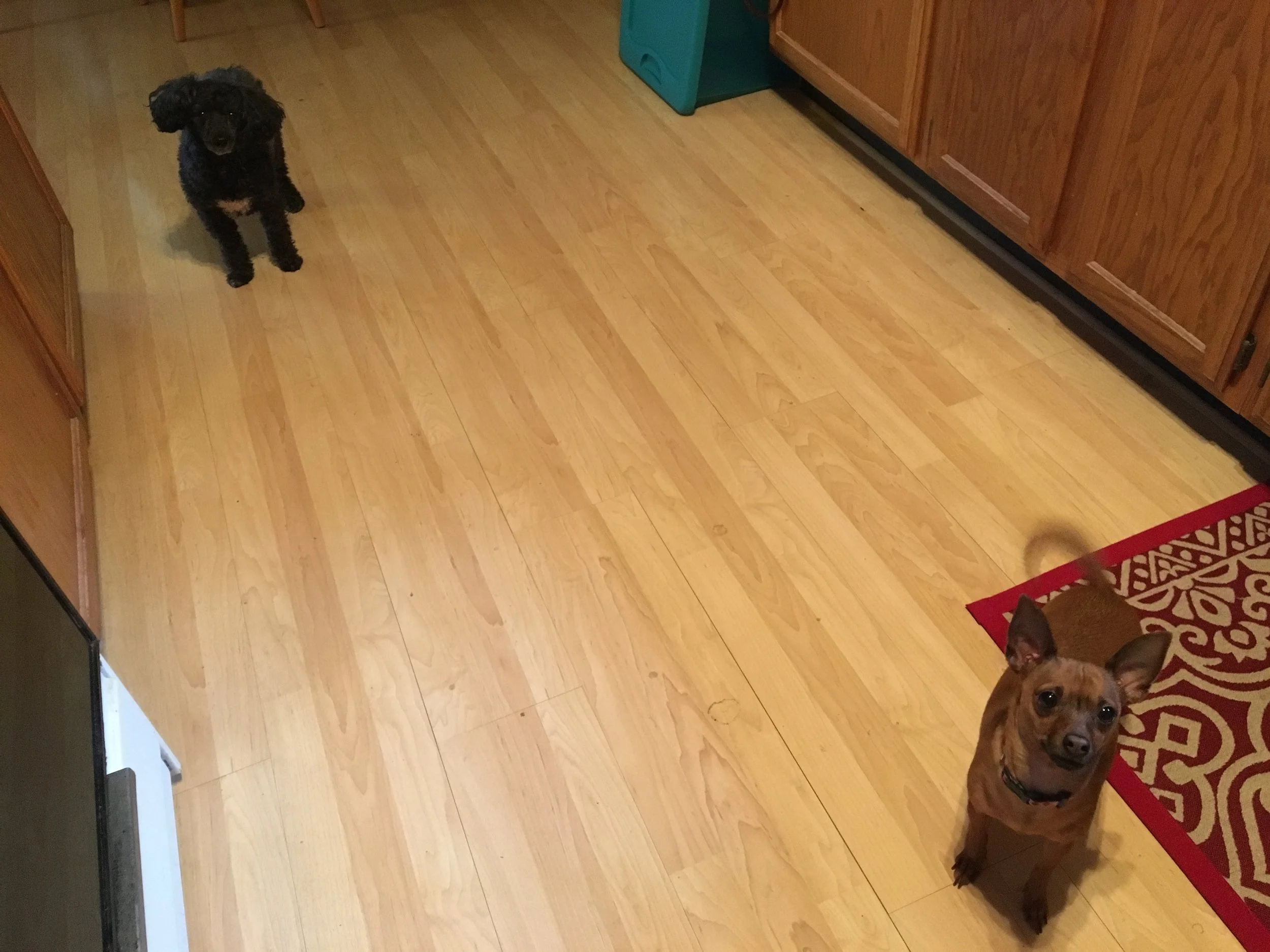Let's start at the beginning, literally, with the first line of the first book (see the picture). It's the butt of many a writers' joke, a cliché if ever there was one. I read that line and put the book down because it made me laugh so much.
I also thought the first chapter ended on a perfect note. It left me with just enough questions to entice me to keep reading--exactly what a writer wants a first chapter to do.
Then things got dicey. The whole first half of the book is really set up. The story--the action--doesn't kick in until literally the mid-point. Decades after reading the story, it was the action part that I remembered. That was the part I was eager to relive. And I wish L'Engle had spent more story time there. The Camazotz** scenes were vivid. They've stuck with me for thirty-plus years, but they were a minority of the book. That part of the story felt rushed, and I would have liked some deeper world-building there, too. And then the book ended. It felt very abrupt and key questions felt unanswered. A very disappointing note to end on.
A Wind in the Door
Book Two is the strongest book of the trilogy, structurally speaking. As personal as the stakes were in Wrinkle (rescuing Meg's and Charles Wallace's dad), the stakes here felt higher: Charles Wallace's life. And as with Wrinkle, science formed the foundation of the fantasy in the story. In this case, microbiology rather than quantum physics. The theme of harmony in the universe was a bit heavy-handed, but the story started quickly, moved quickly, and ended well--and unlike Wrinkle, everything was explained but not everything was happily ever after.
A Swiftly Tilting Planet
The third book in the trilogy is the one I just didn't get as a kid. Reading it now, I still think it is, to quote the vernacular, a hot mess.
The story takes place nine years after the events of A Wind in the Door. Meg is married to her high school sweetheart and very pregnant. Charles Wallace is in high school. In this story, though, Meg and Charles Wallace seemed to have less agency than in the previous books. In fact, Charles Wallace "disappears" repeatedly. The disappearances are explained in the plot, but they make him seem like a link in a story anthology rather than a character in a cohesive story. And the story itself is a mishmash of vignettes that seem to tell the same tale over and over again. As a kid, I had trouble following it. As an adult, I was able to follow what was going on, but I kept thinking, "WTF is this?"
Planet diverges from the previous books in other ways, too. It is not based in actual science. It is essentially a time travel tale, but one with very little plausibility (not that time travel ever seems truly plausible, but there wasn't even an attempt to connect it to science here). Even the first chapter got on my nerves. (Never a good sign!) So much melodrama!
First published in 1978, Planet was clearly L'Engle's attempt to make a statement about the futility of nuclear weapons. But I can't help thinking her story would have been better served by a less circuitous plot and greater agency for her main characters.
If the Wrinkle movie is as good as it looks in the trailer, maybe we can ask Ava DuVernay to just rewrite this whole last book from the ground up? I mean, just look at this beauty:








